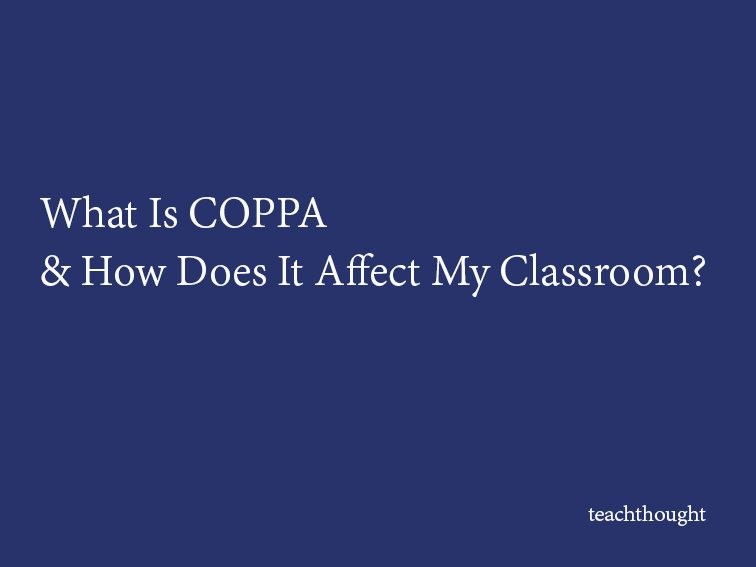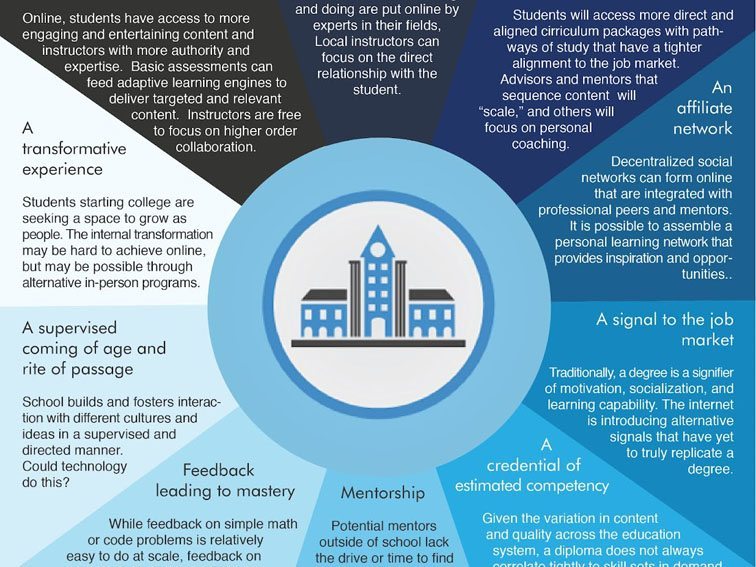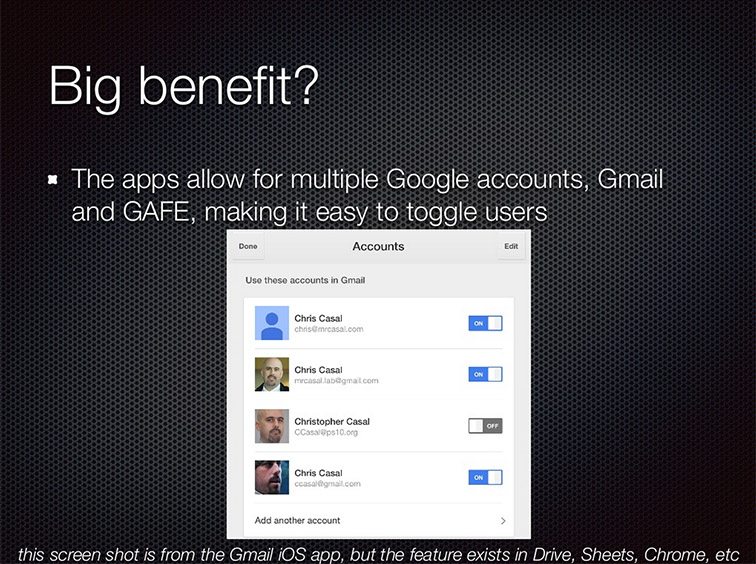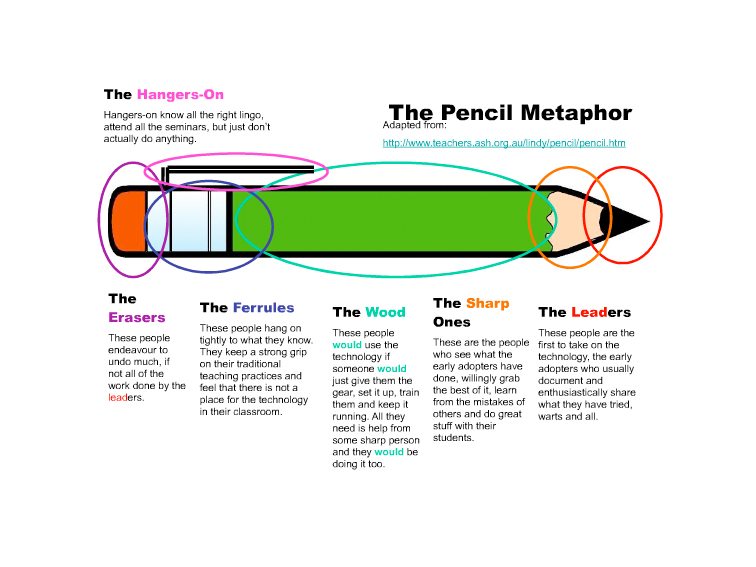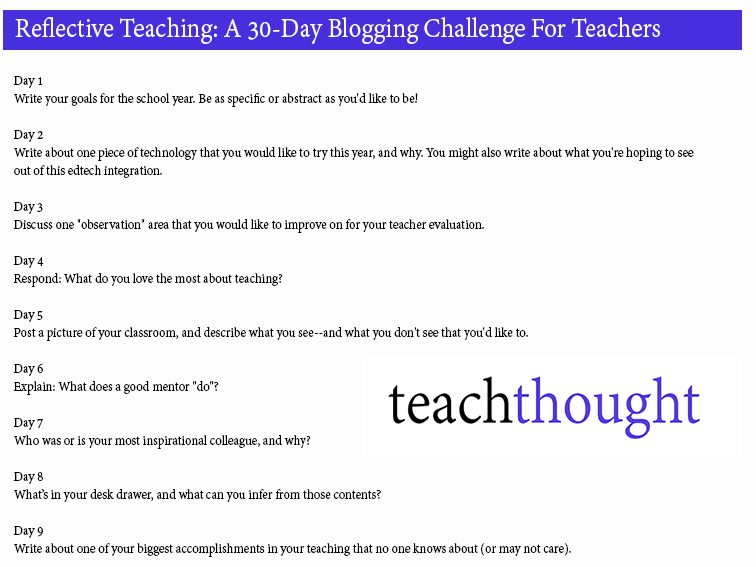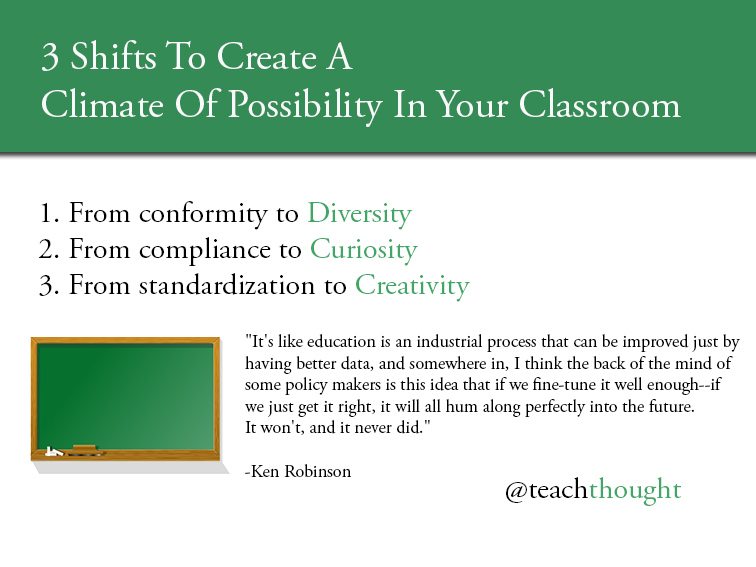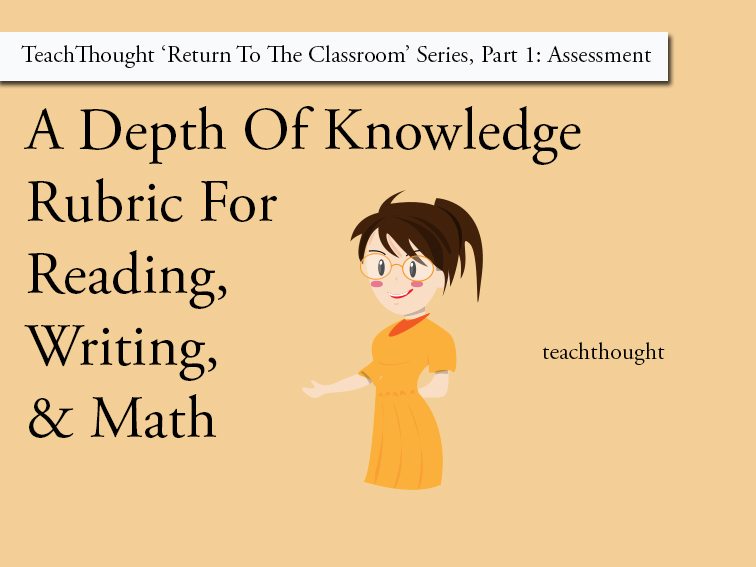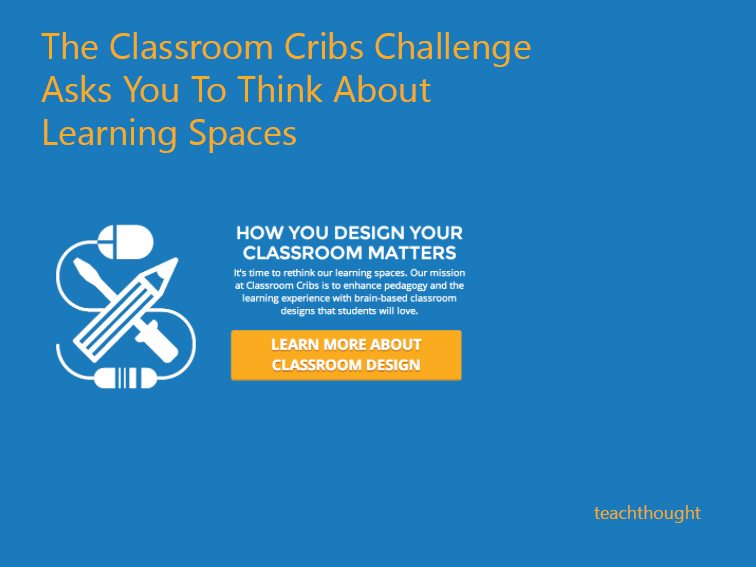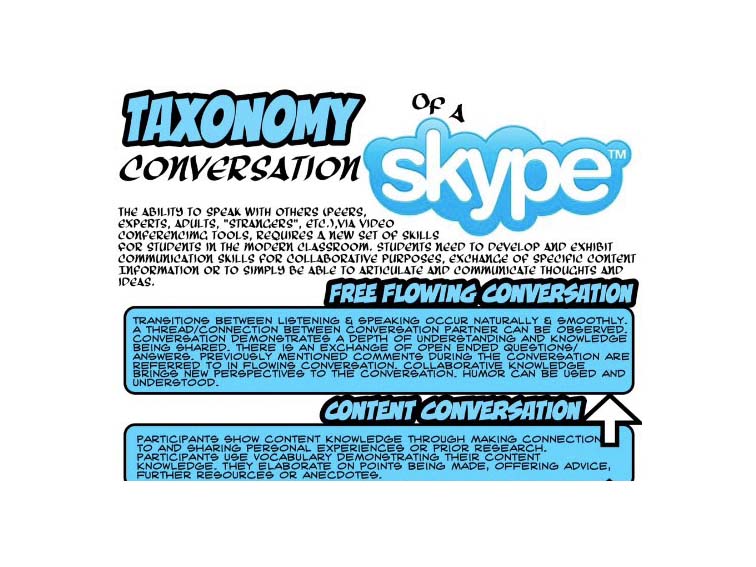What Is COPPA & How Can I Keep Student Data Safe?
What Is COPPA & How Can I Keep Student Data Safe? by Rose de Fremery, Moondrop Entertainment Privacy is a serious concern for everyone, from school administrators to parents. Simply clicking “I Agree” or signing up for a new service can mean that you are consenting to provide a company with a wide range of your…

